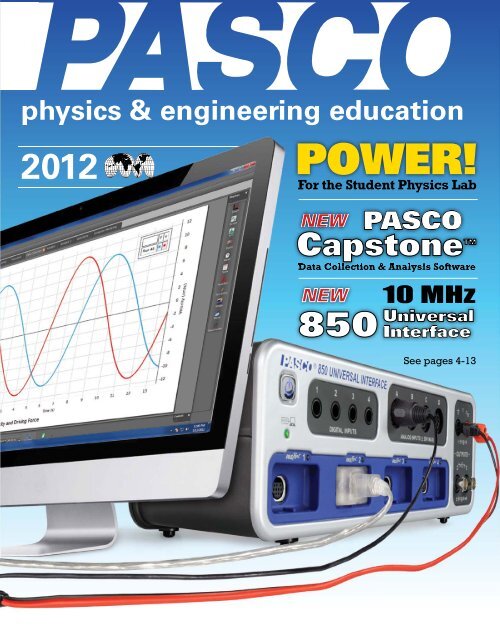
Because second-year algebra is the prerequisite course, AP Statistics is usually taken in either the junior or senior year. The AP Statistics course is an excellent option for any secondary school student who has successfully completed a second-year course in algebra and who possesses sufficient mathematical maturity and quantitative reasoning ability. The course also includes a strong focus on cultural, artistic, and linguistic connections and comparisons, which is supported by the exploration of various media (art, music, film, articles, and literary criticism). Literature is explored within the contexts of its time and place, and students gain insights on the many voices, historical periods, and cultures represented in the required readings and other texts. Through careful examination of the required readings and other texts, students work to hone their critical reading and analytical writing skills. Students develop proficiencies across the three modes of communication (interpretive, interpersonal, and presentational) in the range of Intermediate High to Advanced Mid of the American Council on the Teaching of Foreign Languages’ (ACTFL) Proficiency Guidelines.

The AP Spanish Literature and Culture course uses a thematic approach to introduce students to representative texts (short stories, novels, poetry, plays, and essays) from Peninsular Spanish, Latin American, and U.

Students who take AP Calculus BC should have basic familiarity with sequences and series, as well as some exposure to parametric and polar equations. Students should also know how the sine and cosine functions are defined from the unit circle and know the values of the trigonometric functions at the numbers 0,, 6432 ππππ, and their multiples. Students must also understand the language of functions (domain and range, odd and even, periodic, symmetry, zeros, intercepts, and descriptors such as increasing and decreasing). In particular, before studying calculus, students must be familiar with the properties of functions, the composition of functions, the algebra of functions, and the graphs of functions. These functions include linear, polynomial, rational, exponential, logarithmic, trigonometric, inverse trigonometric, and piecewise-defined functions. Prospective calculus students should take courses in which they study algebra, geometry, trigonometry, analytic geometry, and elementary functions. Academic rigor is more than simply assigning to students a greater quantity of work.īefore studying calculus, all students should complete the equivalent of four years of secondary mathematics designed for college-bound students: courses that should prepare them with a strong foundation in reasoning with algebraic symbols and working with algebraic structures. Instruction will be structured to give students a deeper understanding of conceptual themes and organization within and across disciplines. Honors level rigor will be achieved by increasing text complexity through text selection, focus on high-level qualitative measures, and complexity of task. Students are challenged to think and collaborate critically on the content they are learning. Academic rigor is obtained through the application, analysis, evaluation, and creation of complex ideas that are often abstract and multi-faceted. Honors and Advanced Level Course Note: Advanced courses require a greater demand on students through increased academic rigor. Students may be required to participate in rehearsals and performances outside the school day to support, extend, and assess learning in the classroom. Public performances may serve as a culmination of specific instructional goals. An inquiry-based capstone project may be required.

Students’ “critical eye” becomes more developed and significant mastery of artistic choices becomes evident.

Through improvisation, script writing, and aesthetic creation and collaboration, actors refine their working knowledge and independent thought, articulating and justifying their creative choices. Students create characters for theatrical and film/video productions through scene, character, and technical analysis.


 0 kommentar(er)
0 kommentar(er)
